Training and Technical Assistance
Training and technical assistance (TTA) is a central component of PSP. TTA includes opportunities such as on-site and virtual peer exchanges, assessments, training, and other direct agency and PSP site support. This page features resources developed for agencies interested in learning about various violence reduction and public safety strategies from other jurisdictions and subject-matter experts.
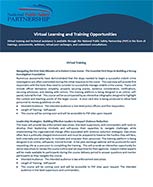
PSP Virtual Learning and Training Opportunities
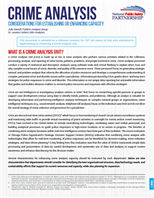
PSP Crime Analysis Brief
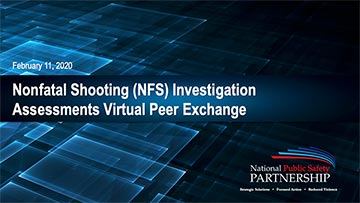
Nonfatal Shooting Investigation Assessments Overview – Virtual Peer Exchange
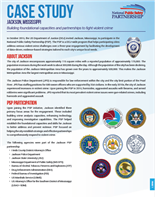
PSP Case Study: Jackson, Mississippi
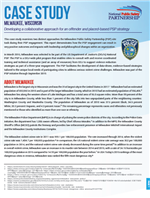
PSP Case Study: Milwaukee, Wisconsin
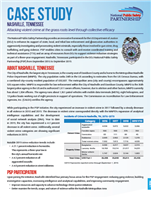
PSP Case Study: Nashville, Tennessee
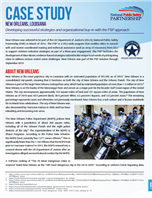
PSP Case Study: New Orleans, Louisiana
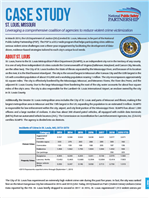
PSP Case Study: St. Louis, Missouri
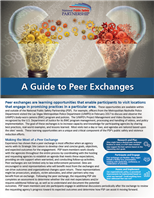
A Guide to Peer Exchanges
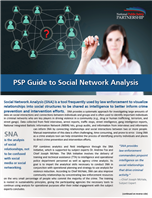
PSP Guide to Social Network Analysis
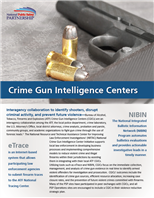
Crime Gun Intelligence Centers Guide
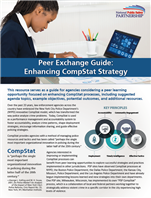
Peer Exchange Guide: Enhancing CompStat Strategy
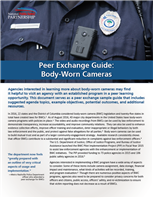
Peer Exchange Guide: Body-Worn Cameras
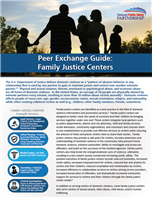
Peer Exchange Guide: Family Justice Centers
This project was supported by Grant No. 2019-DG-BX-K002 awarded by the Bureau of Justice Assistance. The Bureau of Justice Assistance is a component of the Department of Justice's Office of Justice Programs, which also includes the Bureau of Justice Statistics, the National Institute of Justice, the Office of Juvenile Justice and Delinquency Prevention, the Office for Victims of Crime, and the SMART Office. Points of view or opinions in this document are those of the author and do not necessarily represent the official position or policies of the U.S. Department of Justice.